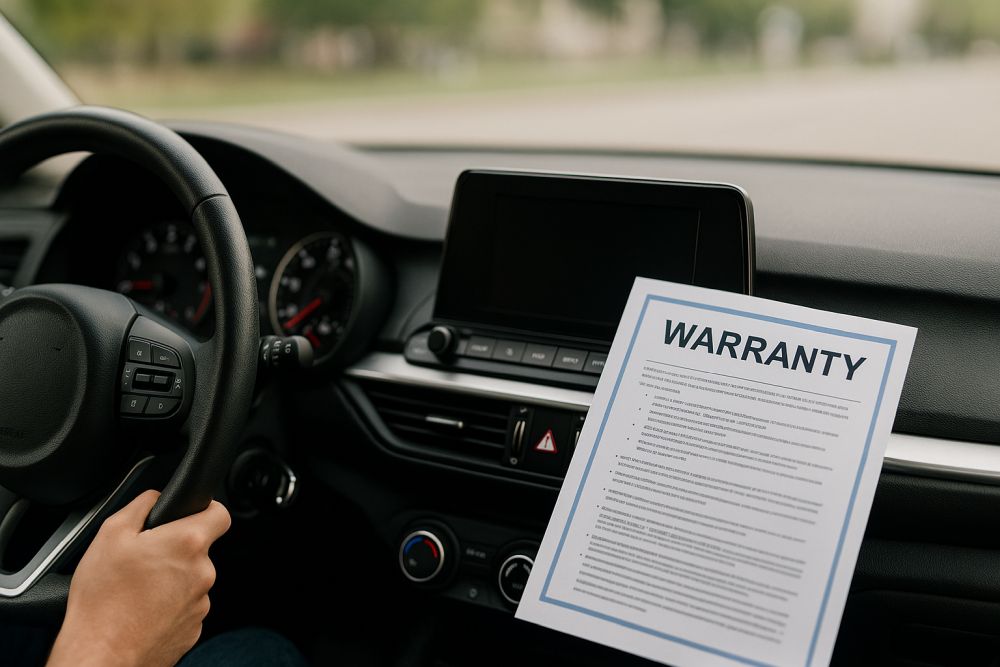When purchasing a used car, ensuring its authenticity and legality is crucial, especially in Connecticut, where odometer and title fraud can be a significant concern. Odometer title fraud in Connecticut can lead to financial losses and legal issues for unsuspecting buyers. This fraudulent practice involves tampering with a vehicle’s odometer to display a lower mileage than the car has actually traveled, or altering the title to misrepresent the vehicle’s history. In this blog post, we’ll explore how you can protect yourself from these scams, and how tools like VIN decoders can assist in verifying a vehicle’s history before making a purchase. Whether you’re conducting a check car vin number free or performing a connecticut license plate lookup, being informed is your best defense.
Understanding Odometer and Title Fraud
Odometer fraud, also known as “clocking,” involves rolling back the odometer to make a vehicle appear less used than it truly is. Title fraud, on the other hand, involves altering or forging vehicle titles to hide information like previous accidents, salvage history, or even theft. These fraudulent activities are illegal and can result in severe consequences for both the seller and buyer. For buyers, this can mean overpaying for a car, unexpected repair costs, or difficulties in registration and insurance.
Steps to Avoid Odometer and Title Fraud in Connecticut
1. Check Vehicle History Reports
One of the most reliable ways to avoid fraud is to obtain a comprehensive vehicle history report. These reports provide details about the car’s past, including any recorded mileage, accidents, ownership changes, and more. Services like Carfax or AutoCheck can provide detailed histories. Always compare the information in the report with the odometer and title details provided by the seller.
2. Use a VIN Decoder
A VIN (Vehicle Identification Number) decoder is a valuable tool in verifying a car’s history. By entering the VIN into a decoder, you can access information about the vehicle’s make, model, year, and recorded mileage. This helps confirm whether the details match what the seller claims. Visit VinCheckPro’s free VIN decoder to get started.
3. Inspect the Odometer
Examine the odometer for any signs of tampering. A mechanical odometer might show misaligned numbers if it’s been rolled back. For digital odometers, discrepancies are less visible, but still beware of unusually low mileage for the car’s age and condition.
4. Verify the Title
Carefully inspect the vehicle’s title for alterations or inconsistencies. Look for signs of erasure or different fonts. Ensure that the title matches the vehicle’s VIN and that it’s not branded as salvage or rebuilt unless the seller has disclosed this information.
5. Consult with a Mechanic
Before purchasing, have a trusted mechanic inspect the vehicle. They can identify potential issues and confirm if the car’s condition matches the reported mileage and history.
Connecticut Title and Registration Checks
In Connecticut, conducting a thorough title and registration check is vital. Utilize official resources and services to verify the legitimacy of the title. The connecticut license plate lookup can provide additional insights into the vehicle’s history and registration status.
Why VIN Decoding is Essential
VIN decoding is an essential step in the used car buying process. It not only helps verify the vehicle’s specifications and history but also aids in detecting inconsistencies that might indicate fraud. A VIN decoder can reveal critical information such as the original factory options, engine type, and safety features, ensuring that what you see is what you get.
By using a VIN decoder, you can cross-reference the data with the seller’s claims, providing peace of mind and potentially saving you from a fraudulent purchase. For a comprehensive check, use VinCheckPro’s free VIN decoder.
Frequently Asked Questions
What are the signs of odometer fraud?
Signs of odometer fraud include misaligned numbers on a mechanical odometer, wear and tear that doesn’t match the mileage, and discrepancies between the odometer reading and vehicle history reports.
How can I verify a vehicle’s title in Connecticut?
You can verify a vehicle’s title by using official resources such as the DMV or third-party services that offer comprehensive title checks, ensuring the title matches the vehicle’s VIN and other details.
Is odometer fraud common in Connecticut?
While not rampant, odometer fraud does occur in Connecticut, making it crucial for buyers to be vigilant and utilize tools like VIN decoders and vehicle history reports to protect themselves.
Can a mechanic help detect odometer or title fraud?
Yes, a mechanic can inspect a vehicle’s physical condition, which may reveal inconsistencies with the reported mileage or history, providing additional assurance against fraud.
What should I do if I suspect odometer or title fraud?
If you suspect odometer or title fraud, report it to the local authorities and consider walking away from the purchase. It’s better to be safe than to risk buying a fraudulent vehicle.


